30 Bleakest Unhappy Endings
Because life isn't fair...
Memento (2000)

The Unhappy Ending: The truth behind Leonard’s wife’s death is revealed, with Leonard himself proving to be the one at fault. The ongoing search for “John G” is shown to be a delusion created by Leonard in order to give his life purpose, and absolve himself of guilt. Presented with all this information, our hero opts to forget the truth, thus setting in motion the events that will lead to Teddy’s death.
Bleak Implications: Not only was Leonard responsible for his wife’s death, but he will end up killing the one man who has been a true friend to him in order to avoid facing up to it. Nice.
Reasons To Be Cheerful: The villain responsible for the initial attack on Leonard’s home was found and killed long ago.
Chinatown (1974)
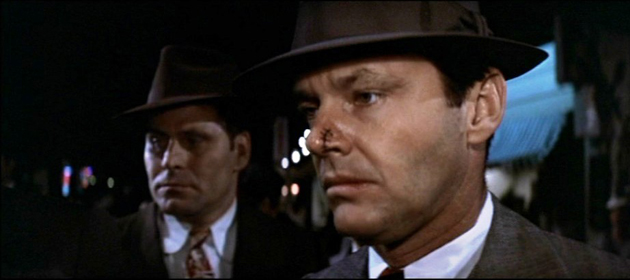
The Unhappy Ending: Gittes realises the water conspiracy will never come to light, a state of affairs summed up perfectly by the least idealistic quote in cinema history: “forget it Jake…it’s Chinatown.”
Bleak Implications: The bad guys sometimes win, the truth won’t always out, and life can be pretty damned unfair!
Reasons To Be Cheerful: Jake Gittes will live to fight another day. Don’t give up hope old boy, you can’t win ‘em all.
Grave Of The Fireflies (1988)
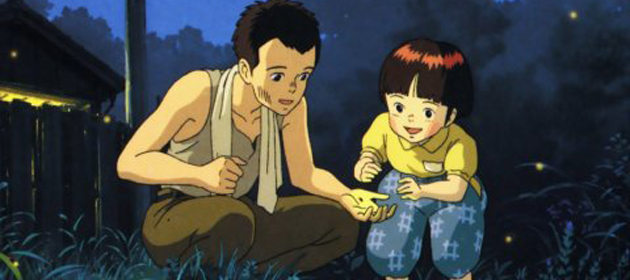
The Unhappy Ending: This unremittingly downbeat animation concludes with orphan boy Seita returning with food to his malnourished sister Setsuko, only for her to die of starvation before he can save her. All alone in the world, Seito carries his sister’s ashes with him until his own death a few years later.
Bleak Implications: The pair do all they can to survive in war-torn Japan, but their struggle is ultimately futile, with neither of them making it past 1945.
Reasons To Be Cheerful: The final scene sees them reunited in death. That’s about as upbeat as it gets.
One Flew Over The Cuckoo's Nest (1975)
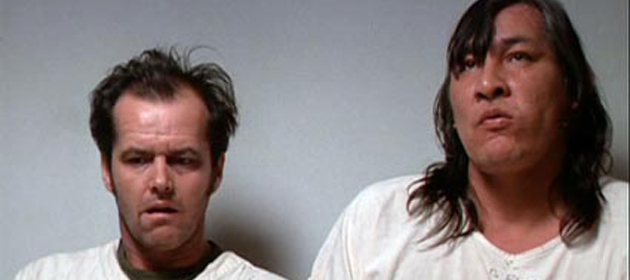
The Unhappy Ending: Jack Nicholson’s authority-baiting anti-hero McMurphy is reduced to a mumbling shell by a lobotomy that leaves him a shadow of his former self. Distressed by this transformation, Chief Bromden puts him out of his misery by smothering him with a pillow.
Bleak Implications: Somehow, in the end, the bastards always grind you down.
Reasons To Be Cheerful: Chief Bromden makes his escape, smashing the place up as he does so. Hooray!
Brazil (1985)
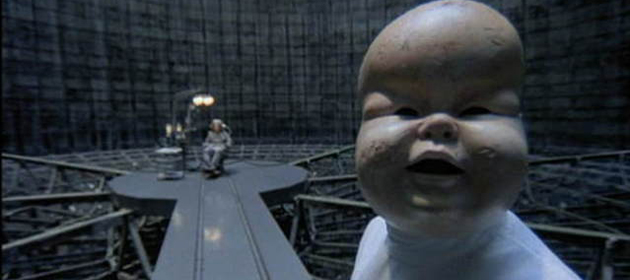
The Unhappy Ending: The “happy ending” in which Sam drives off into the sunset with Jill is revealed to be taking place in our hero’s head. In reality he remains catatonic in Jack’s observation room, written off as a lost cause.
Bleak Implications: Our hero has been driven mad and will spend the rest of his days trapped inside his own head.
Reasons To Be Cheerful: At least his fantasy is a happy one. He’s even smiling at the end!
Se7en (1995)
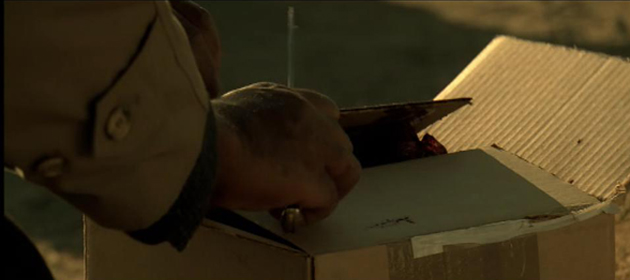
The Unhappy Ending: Just when detectives Mills and Somerset think they have John Doe just where they want him, the sin-obsessed wacko reveals his last trick: the courier-delivered head of Mills’ luckless wife. Consumed by wrath, Mills kills him, thus ensuring the completion of the monster’s masterpiece.
Bleak Implications: Mills is taken into custody a catatonic mess, whilst Doe successfully sees his grisly plan come to fruition.
Reasons To Be Cheerful: Detective Somerset’s final words suggest he hasn’t quite given up all faith in humanity. “The world is a fine place and worth fighting for,” he quotes from Hemingway. “I agree with the second part.”
Night Of The Living Dead (1968)
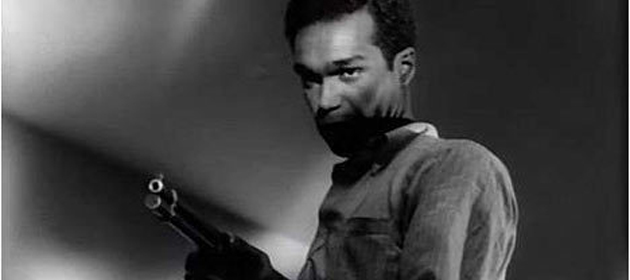
The Unhappy Ending: Having battled off hordes of the undead, protagonist Ben thinks help is finally at hand in the form of a trigger-happy posse of local types. Running to the window to attract their attention, he receives a bullet in the head for his troubles.
Bleak Implications: With one wayward bullet, the film’s last beacon of hope is snuffed out and chucked on the fire with the zombies. Sigh.
Reasons To Be Cheerful: At least his guts weren’t ripped out…being shot is a comparatively nice way to go!
Bringing all the latest movie news, features, and reviews to your inbox
Dancer In The Dark (2000)
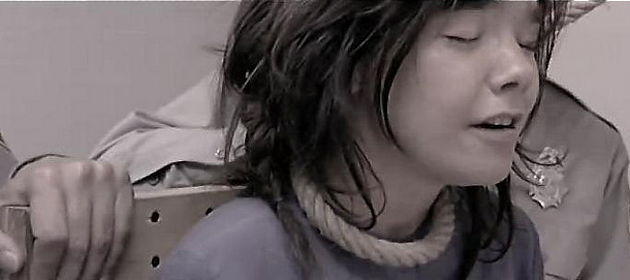
The Unhappy Ending: As is to be expected from a film by cheery old Lars Von Trier, Bjork’s heroine Selma comes to a brutal end at the hands of a state executioner. She’s even hanged before she can finish the final song of the movie…
Bleak Implications: Poor old Selma has had a singularly difficult life, and now she’s given a callous, undignified death to cap it all off.
Reasons To Be Cheerful: In a significant silver-lining, Selma learns that her son’s operation has been a success, allowing him to dodge the hereditary disease that has gradually been blinding her. So that’s something.
The Mist (2007)
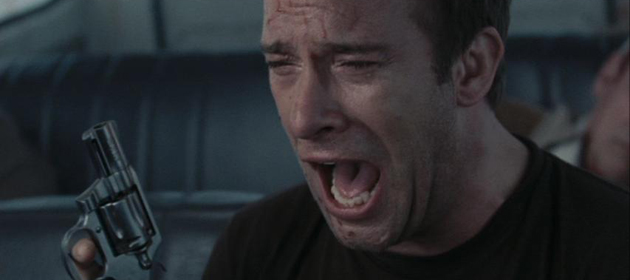
The Unhappy Ending: Having managed to escape the beleaguered supermarket where much of the film is set, Tom Jane desperately attempts to drive the last few survivors out of the mist and into salvation. Finding that the monsters exist well beyond the local environs, he tearfully puts a bullet in each of his companions’ heads. Including his son. Oof…
Bleak Implications: It gets worse. Seconds later the army turn up, meaning that poor Tom has just killed his pals for no reason whatsoever. Oh dear…
Reasons To Be Cheerful: Erm…at least the monsters didn’t get them? Not that they would have anyway…
Arlington Road (1999)
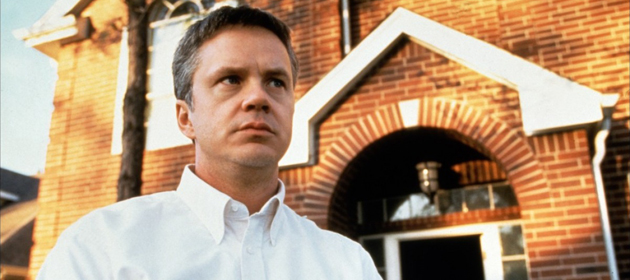
The Unhappy Ending: Jeff Bridges’ university lecturer unwittingly delivers Tim Robbins’ car-bomb to a packed federal building. The bomb kills Bridges and 183 other people, whilst Robbins and his (complicit) wife escape scot free…
Bleak Implications: Not only do a hell of a lot of people die, but Bridges is posthumously vilified as a terrorist himself. His orphaned son is bought up not knowing the truth, whilst real villains the Langs discuss relocating, “somewhere nice, somewhere safe”, suggesting they will strike again.
Reasons To Be Cheerful: None whatsoever. It’s the mother of all downer endings.
George was once GamesRadar's resident movie news person, based out of London. He understands that all men must die, but he'd rather not think about it. But now he's working at Stylist Magazine.



